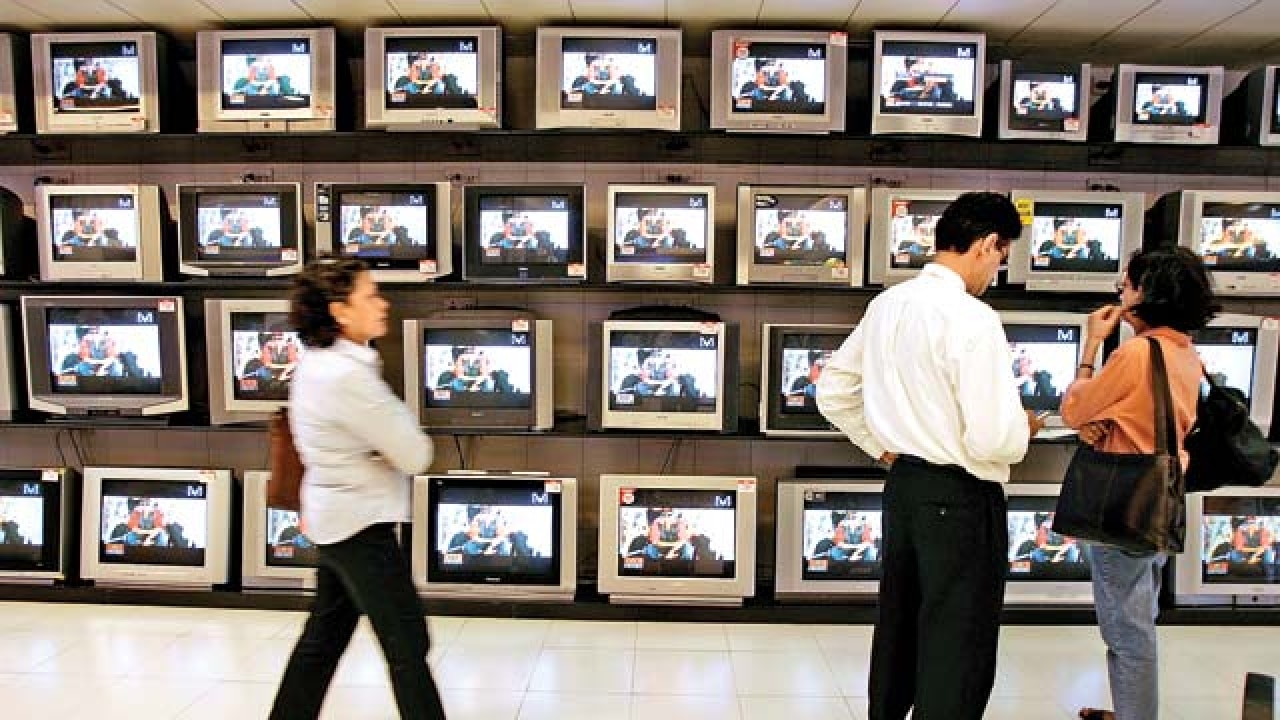
Prasar Bharati handles the government’s publicity sector, but it is an autonomous organisation and most of its distributors are private entities. However, the demand by various state governments to enter the broadcasting space either directly or through their corporations/subsidiaries has raised many eyebrows. The logic of the states is to apparently reach out to their respective population to inform and educate them about their various welfare programmes.
But, such an intervention by the states would be required when there is not enough competition within the market, while in reality there is no dearth of suppliers in the market. This is evident from the fact that today there are over 750-800 different television channels (other than around 25 channels of Doordarshan), covering a large number of genres, and these are broadcast in a number of languages in the country.
The Telecom Regulatory Authority of India (TRAI) after extensive consultations had in 2008 inferred that it would not be in accordance with the true spirit of Article 19(1)(a), i.e., the citizen’s right to plurality of views to permit state government entities to enter the cable distribution platform. In today’s scenario, the cable distribution network being highly fragmented and there being no obligation on the cable operators to carry the channels of any particular broadcaster or broadcasters (or of all broadcasters for that matter), the private cable operators are carrying channels of their choice purely on commercial considerations. If a state government or a body owned by a state government enters the fray, it is conceivable that such a cable distribution body may selectively offer channels which reflect — in their programmes — the viewpoint of the state government (or the viewpoint of the party in power in the state). The right to receive plurality of viewpoints and opinions being one of the most important aspects of the freedom of speech and expression as enshrined in Article 19(1) of the Constitution, such a selective distribution of channels by any cable distribution body would be against the observations of the Supreme Court in their judgment in the Bengal Cricket Association case in February 1995 on the scope of the said Article in the context of broadcasting. TRAI has reasoned that the state governments should continue to remain in the enforcement domain as regards the provisions of the Cable Television Networks (Regulation) Act, 1995 and, for the same reason, it would not be in the fitness of things for them to enter in the cable distribution areas as a competitive service.
However, since the central government has already accorded permission to certain state government-owned entities, viz., ARASU in Tamil Nadu and APSFL in Andhra Pradesh, to enter the cable distribution platform/IPTV, TRAI suggested that any decision on this question should also provide for an appropriate exit route for such existing entities.
Having regard to the observation of the SC on the right under Article 19(1)(a), the Authority recommends that urban and local bodies, political bodies, religious bodies and other publicly funded bodies may not be permitted into distribution activities like cable television, DTH, etc. (Paragraph 3.69.). The Sarkaria Commission, which had dealt with this issue extensively, had recommended against allowing state governments to have their own broadcasting stations or broadcasting corporations. In the US, all broadcast TV channels are entirely privately owned. There is no government-owned broadcast TV station or channel in the US. In Australia, the provincial governments do not have any public service broadcasting of their own. Australia has three national public service broadcasters, namely, Australian Broadcasting Corporation (ABC), Special Broadcasting service (SBS) and the National Indigenous Television (NIT).
In almost all the developed democratic countries, the governments are explicitly debarred under the relevant laws from holding broadcasting licences or do not do so by tradition or conviction. Broadcasting systems controlled or managed by the State are found to be inconsistent with the basic principles of democracy.
Considering all these issues, TRAI reiterated its recommendations in the year 2012, inter alia recommending: The Authority recommends that the central government’s ministries and departments, central government-owned companies, central government undertakings, joint ventures of the central government and the private sector, and central government-funded entities should not be allowed to enter into the business of broadcasting and/or distribution of TV channels. The Authority recommends that state government departments, state government-owned companies, state government undertakings, joint ventures of the state government and the private sector, and state government-funded entities should not be allowed to enter into the business of broadcasting and/or distribution of TV channels. However, without taking a final decision on these TRAI recommendations, the I&B ministry has recently granted DAS licence to ARASU in Tamil Nadu. This may lead to similar demands from other state governments. It is, therefore, imperative that the ministry should consider and accept these TRAI recommendations at the earliest.
The author is an industry observer. Views expressed are personal.